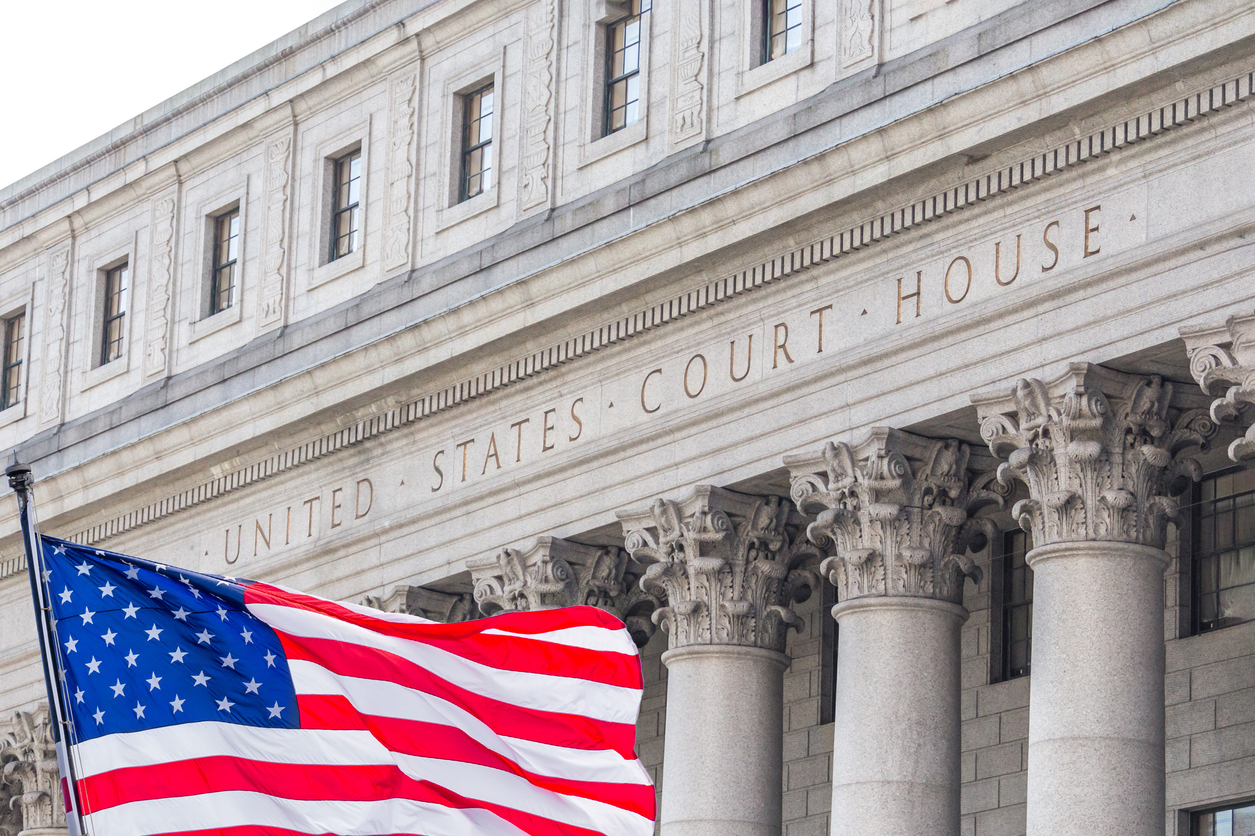One way to become a lawful permanent resident of the United States is through marriage. You can marry a U.S. citizen or another permanent resident. There are regulations for applying for permanent residency to combat fraudulent marriage, starting with the timeframes of the relationship. Next is that permanent resident status is conditional for two years. You can remove the conditions on your residency by taking removal action steps, as they do not automatically get removed. Speak to a New Jersey green card lawyer to seek conditional removal.
Conditional Green Card Versus Conditional Permanent Residency
Conditional green card holders will have some of the same rights as permanent residents. In both instances, the person can live and work in the U.S. and travel outside of the country. You can only reap these benefits for two years before you have to change your status to a full green card. You cannot renew a conditional green card and will lose your permanent resident status if you fail to seek a full green card.
A conditional green card is nonrenewable and valid for two years only. You can petition for removal of conditions within 90 days of the expiration date of the green card. You are required to jointly remove the petition with your spouse. However, you also have the option of self-petition to remove the conditions based on one of four waivers:
1. Waiver of Death of the Spouse
2. Waiver of physical abuse and extreme cruelty
3. Waiver of Divorce
4. Waiver of Extreme hardship
You must apply for the correct condition for the removal.
Applying for Removal of Conditions
When the time and circumstances apply, you must file a Petition to Remove Conditions on Residence before the second-anniversary date of being issued your permanent residence status. The window to file opens 90 days before your anniversary date. If you fail to take legal action, the government could begin deportation removal proceedings. First, you (and/or your spouse) will file the relevant form – I-751.
If you do not remove the conditions on your green card or permanent resident, you will be out of status when your card expires. This will trigger an alert within the government system and they may start deportation proceedings.
Denial Reasons
When applying for a condition removal, you could get a denial. There are three common reasons for denials including:
- USCIS believes your marriage is fraudulent. They will ask for additional evidence that it is not.
- You applied late and did not show it was for extenuating circumstances.
- Did not provide adequate evidence that you and your spouse have a life together. This can be living together, having mutual friends, and being a part of local groups or organizations.
The best way to avoid denials is to file the accurate paperwork and speak to a New Jersey family immigration lawyer. To prepare, you should review your forms, gather vital evidence of your marriage and the life you have built with your spouse, and respond to any request from USCIS. You can show proof such as:
- Photographs
- Copy of child’s birth certificates
- Joint bank account or mortgage documents
If you are filing late but it is due to extenuating circumstances, you can provide documentation or written explanation for the late filing:
Conditional Green Card Policy Updates
In the December 2023 policy review, the USCIS clarified that a noncitizen whose Conditional status was terminated for failure to timely file a Form I-751 may adjust status to permanent residence on a new basis, regardless of whether or not USCIS issued a notice of termination of CPR status before the noncitizen filed an Application to Register Permanent Residence or Adjust Status (Form I-485) on a new basis. made changes regarding condition removals.
Watch: Immigration Attorney Ifeoma Odunlami explains the USCIS updates to Family-Based Conditional Permanent Residents
This update for removal of conditional status essentially gives someone another chance to obtain permanent residency, even if they missed the deadline for removing conditions through the marriage-based route.
What is Considered Battery or Extreme Cruelty?
While you may assume that battery and extreme cruelty would focus on physical violence, it encompasses other concerns as well. Battery is pretty straightforward, involving any physical violence. You could be subject to extreme cruelty in the following scenarios:
- Psychological or sexual abuse or exploitation. This includes rape, molestation, or forced prostitution.
- Any threatening or violent action resulting in mental or physical injury
- Threatening to report them to USCIS
- Withholding food or money
- Not allowing contact with friends or family
- Threatening divorce for manipulative reasons
- Destroying or disposing of a person’s property
- Invasion of privacy
Evidence of abuse could be required to qualify for this waiver. Some types of evidence you might supply the court are affidavits from the following:
- Personal Statement or Declaration of petitioner
- medical personal
- Judges
- Police
- School officials
- Counselors
You can also provide photographs, medical records, police reports and statements from family and friends. You can provide a letter from a domestic violence counselor or order of protection paperwork. Additionally, you can show documentation that you lived in a domestic violence shelter.
Speak to a New Jersey Family Immigration Lawyer
Immigrating to a new place is challenging. When you have an immigration concern, speak to the New Jersey family immigration lawyer at Odunlami Law. We represent clients throughout New Jersey and nationwide. We are immigrants helping fellow immigrants get legal status. Call our office at (973) 993-1900 to schedule an initial consultation.
Areas of Immigration Law:
Adjustment of Status and Consular Processing
Criminal Consequences and Deportation Defense
Temporary Work Visas
Temporary Protected Status
Deferred Action for Childhood Arrivals
Subscribe to Our Email Newsletter
Sign up for Odunlami Law’s newsletter for helpful insights and guidance on your immigration journey. Subscribe today to stay informed.



